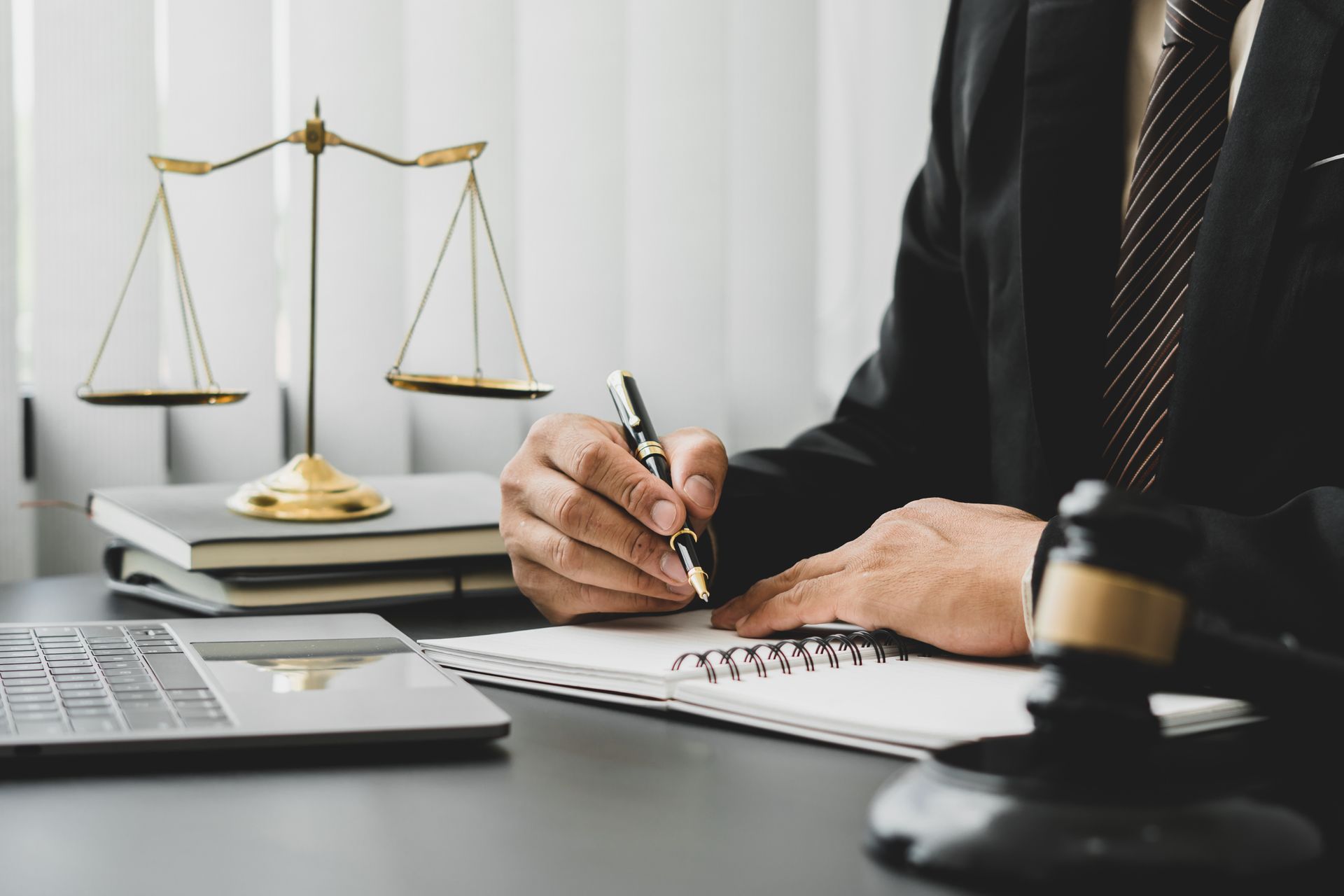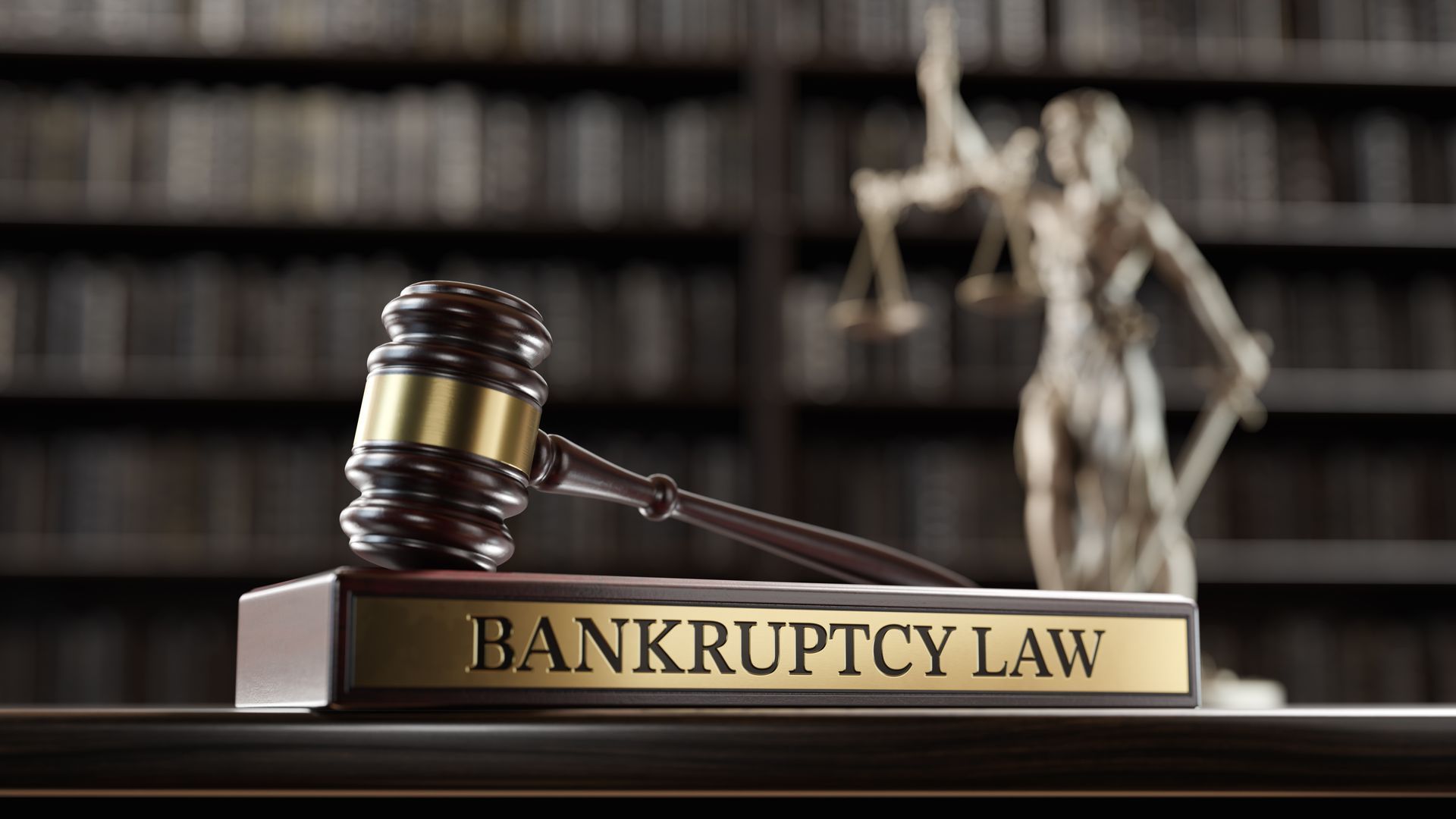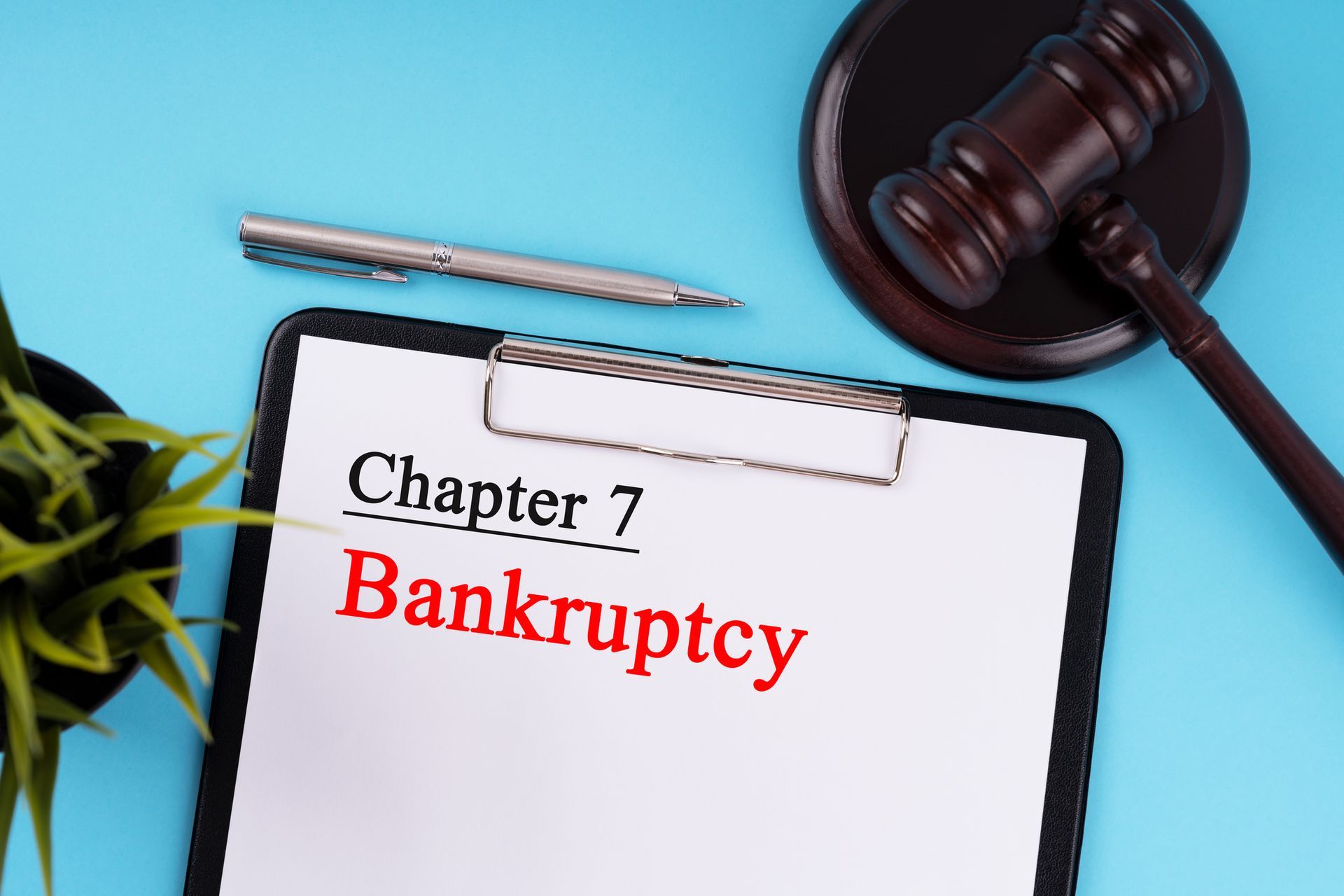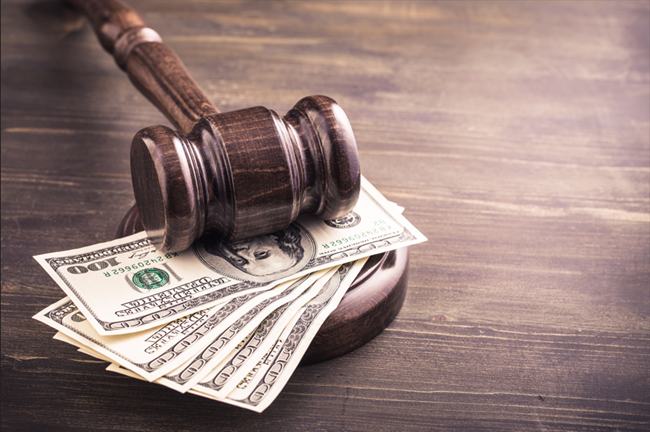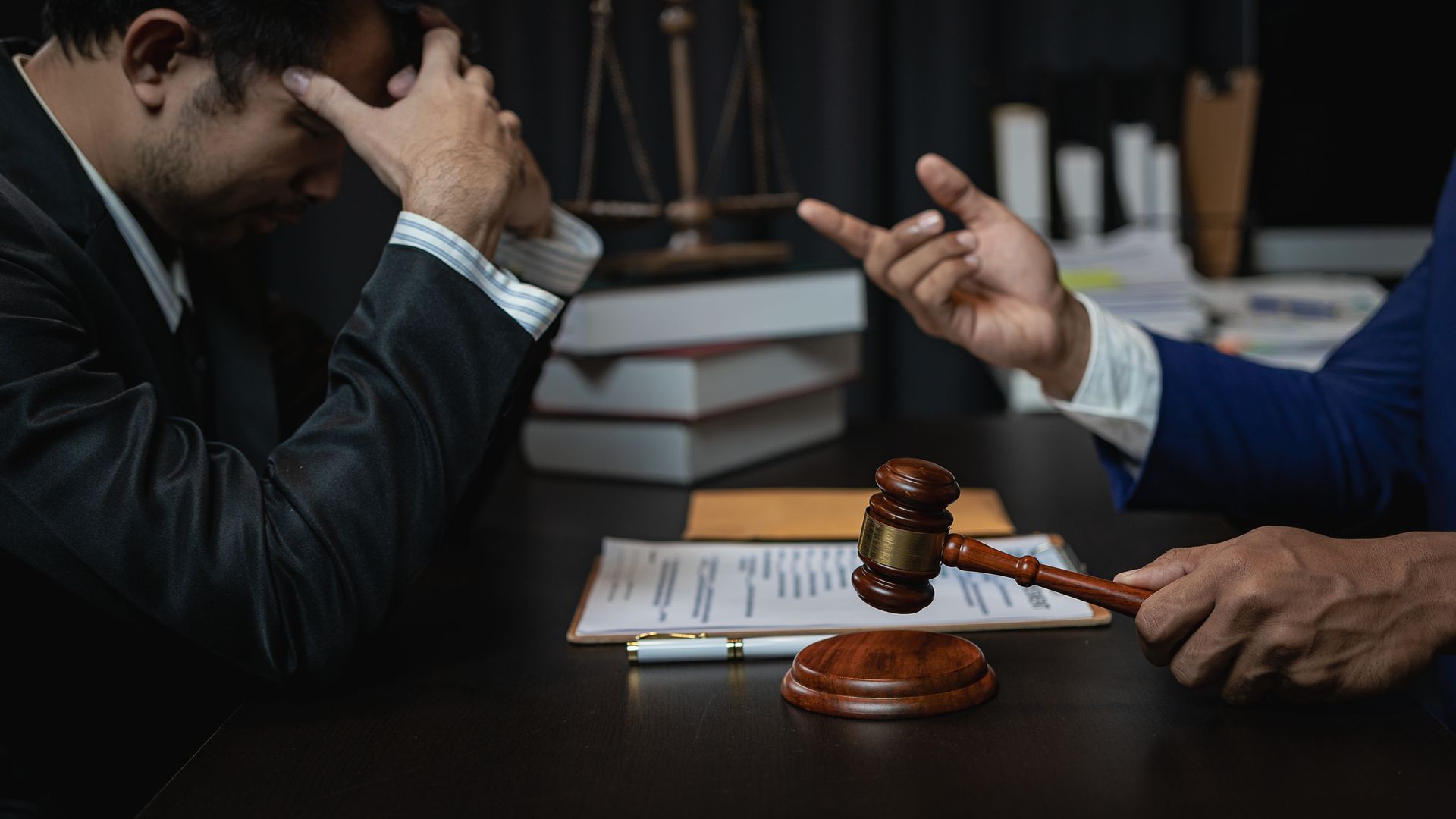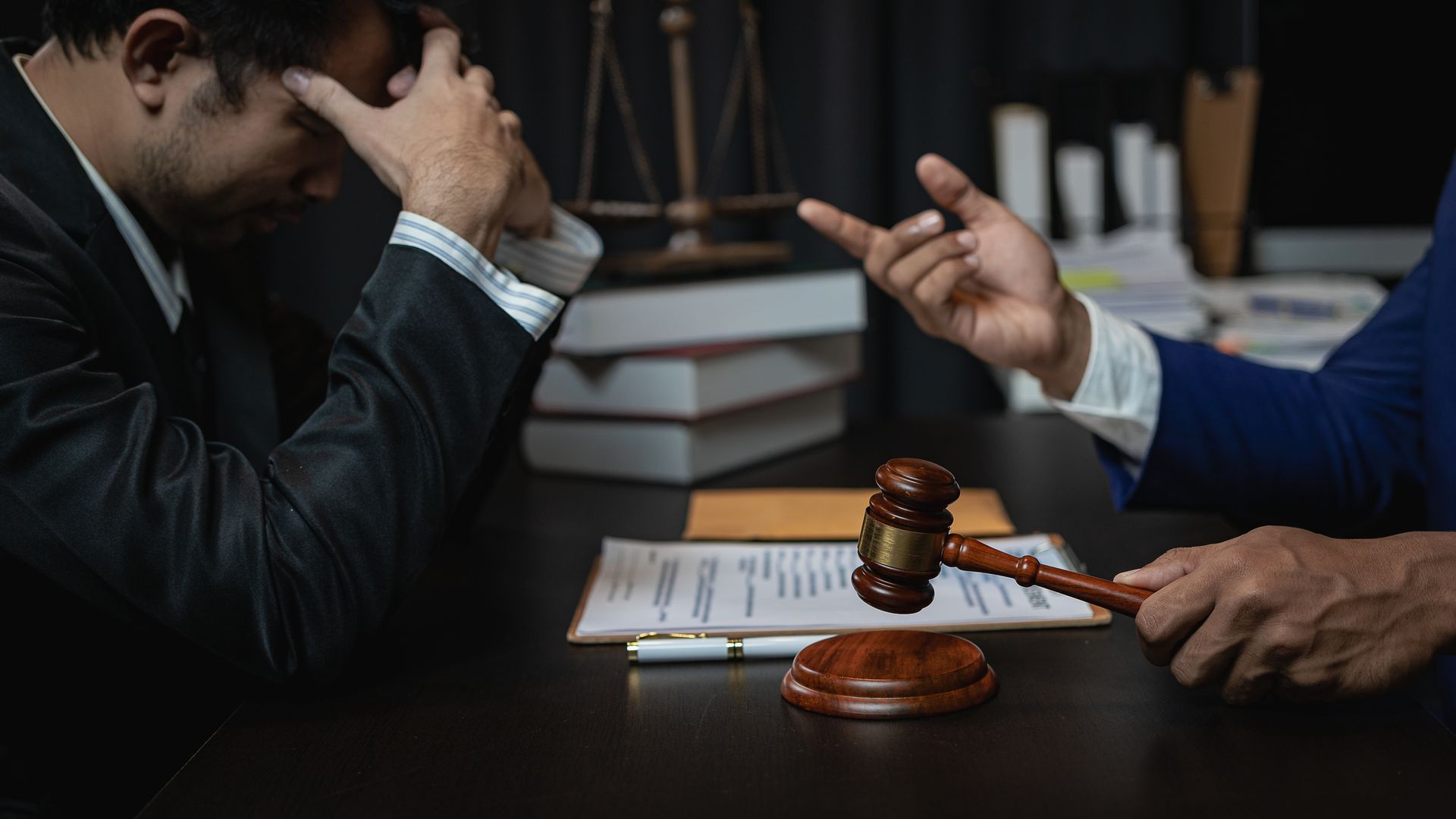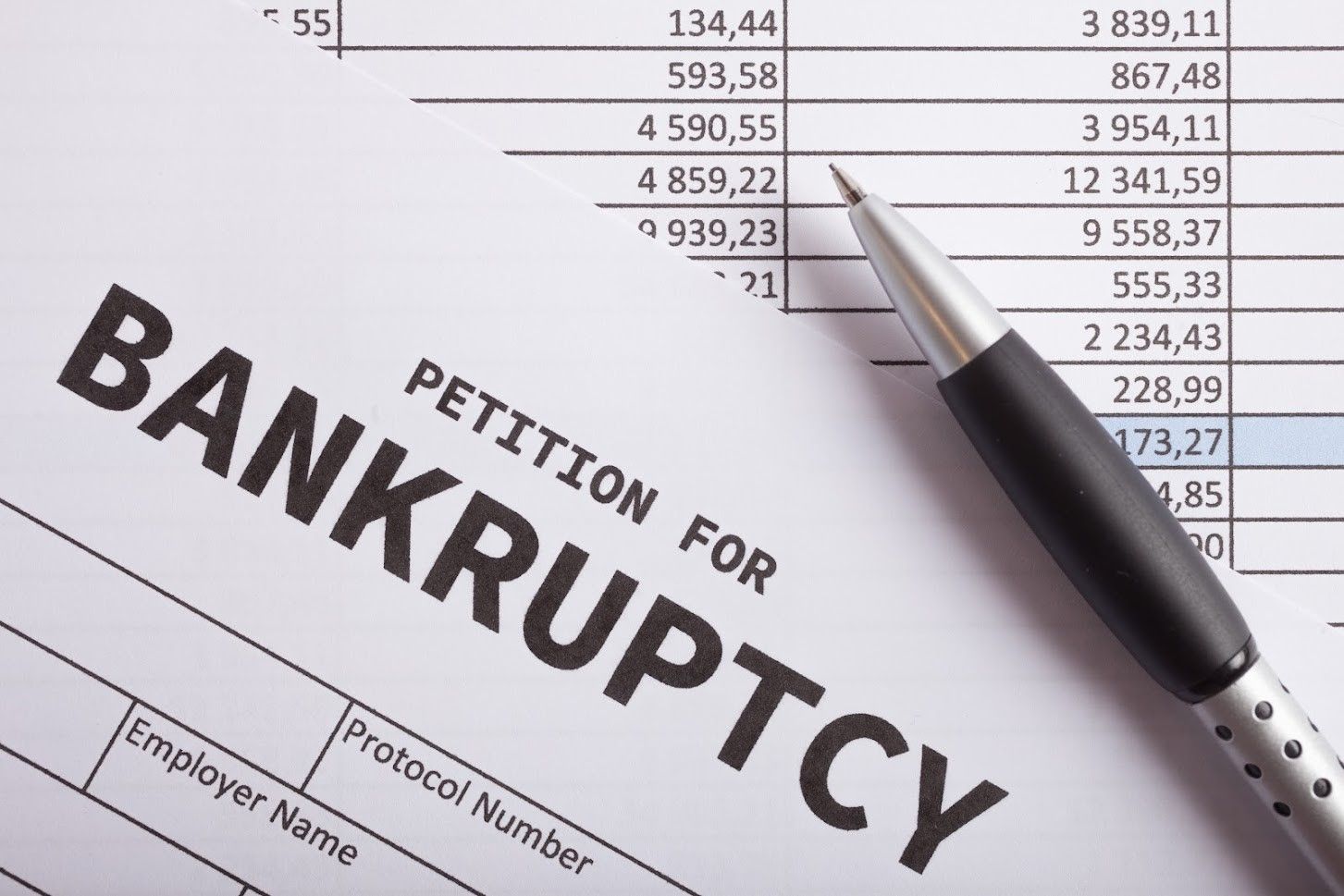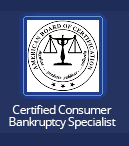What Debts Can and Can't You Eliminate With Bankruptcy?
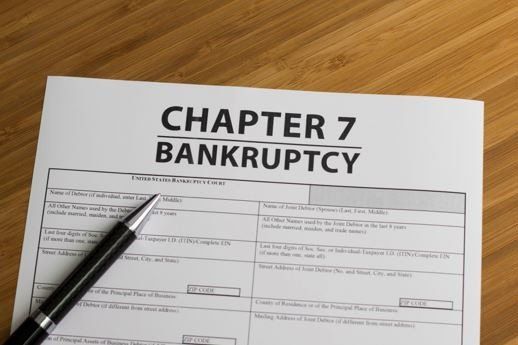
Bankruptcy is a scary word, but it can be the right step for you if you need to get out of debt. While most unsecured debt can be eliminated, there are many debts that are protected, making them hard or impossible to get discharged. If you would like to know more about what you can and can't eliminate with bankruptcy, keep reading.
Car and House Loans
You can absolutely file for bankruptcy for your car and/or home loan, but if you stop making payments, the lender will repossess or take ownership of the car/property. Some lenders may be willing to work with you to reduce the debt or change the repayment plan, so you can keep the car/property.
In other cases, you may simply need the lender to reaffirm your existing loan, but the rates and payment plan is usually the same as the original, so you must prove you can continue to make the car payments.
Personal Loans and Credit Cards
Personal loans and credit cards often financially cripple people, and bankruptcy can help. If you qualify for Chapter 7 bankruptcy, you can usually have these unsecured loans and bills completely wiped away.
If you have a lot of assets you want to keep, such as your home or car, you may need to consider Chapter 13 bankruptcy. Personal loans and credit card debt can be included, but you will have to repay some of the money during the three- to five-year repayment plan.
Medical Bills
One visit to the hospital can financially devastate you, especially if you don't have health insurance. Like personal loans, however, medical bills are considered unsecured debt, which means you can include them in your bankruptcy case.
The one downside to eliminating your medical bills with bankruptcy is the potential broken relationship with your provider. If you owe a lot to a specific doctor, and the debt gets discharged in bankruptcy, the doctor has the right to refuse to see you again, but this is uncommon.
School Loans
School loans can become expensive, making many people want to eliminate them. Unfortunately, school loans can't usually be discharged with bankruptcy. Your only chance to discharge school loans is to prove you can never work again because of a permanent disability.
The courts may also decide to eliminate your school loans if you have been paying them faithfully for years but still are still struggling. The courts will only discharge these school loans if you can prove that you cannot repay the loan because of financial limitations.
Child Support and Alimony
Child support payments (including future and back payments) cannot be eliminated with bankruptcy, and there is typically no exception. Similarly, alimony payments are typically never included in bankruptcy cases.
If you do have an ex-spouse, be mindful of divorce decrees. If you agree to pay off a certain credit card in your divorce (a credit card issued to both you and your ex-spouse), you can't turn around and file for bankruptcy. If you could, your spouse would then be responsible for repayment, which was not the agreement in the divorce.
Unpaid Taxes
In most cases, bankruptcy won't eliminate unpaid taxes and similar debt. Also, if your wages are being garnished for not paying taxes or similar debt, you can't have the garnishment eliminated with bankruptcy.
In some cases, if the money you owe is from a tax return three or more years ago, and you can meet special qualifications, the courts will consider discharging the tax debt.
Bankruptcy gets rid of a lot of debt, which can put you back on track financially again. If you would like to know more about bankruptcy, or if you are ready to get a quote, contact us at Charles J Schneider PC today.

